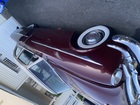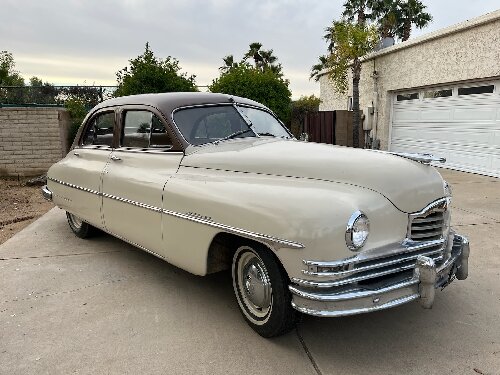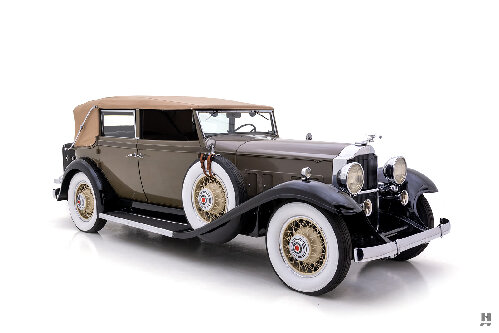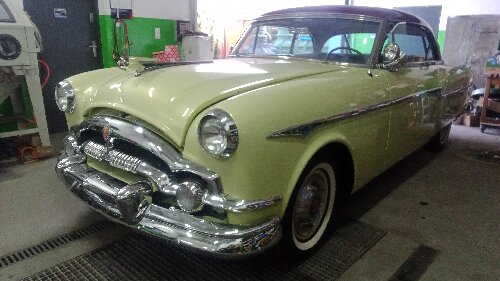|
Re: Installing pusher fan?
|
||||
|---|---|---|---|---|
|
Forum Ambassador

|
And, this is a personal opinion, pusher fans to me mean that someone didn't want to put the time in to diagnose a problem all the way
Agreed 100%, that's always been my view as well. Does anyone actually have any real data to the old theory that putting a clothespin on the fuel line to the carb actually helps with vapor lock?! It's likewise a mystery to me why this notion continues. Wooden clothespins no less? If they were metal, I suppose you could make the arguement that they create more surface area for radiating heat - but not wood! And besides, the line between the pump and carburetor is about the last place that vapor lock would occur. Back to the original topic, perhaps we'd be better served to first come up with a definition of "overheating" before we all jump on the bandwagon for solutions to a situation that might not be a problem. I know I'll get disagreement from a few of you, but cars with thermostats are designed to run within a few degrees higher than the thermostat rating in non-stressful situations. That's simple, the temperature of the radiator water leaving the bottom of the radiator should be below the thermostat rating and as it enters the block it can be cool enough to partially close (throttle open-and-shut) the thermostat to reasonably maintain (+/- 10 degrees) that temperature. So what is overheating? Maybe this is a starting point. 1. Constantly running significantly above the thermostat rating, in non-stressful situations, but not boiling over? 2. Only running significantly over the thermostat rating in very stressful situations (A/C on, extremely hot day, stop and go traffic, etc) but not boiling? 3. Boiling over? I'd say #2 is not overheating, and #1 is on the approach ramp to #3. #2 was a common enough situation when these cars were new and I wouldn't consider that to be overheating, at least in the chronic sense.
Posted on: 2011/3/19 9:50
|
|||
|
||||

Hello and welcome to Packard Motor Car Information! If you're new here, please register for a free account.







